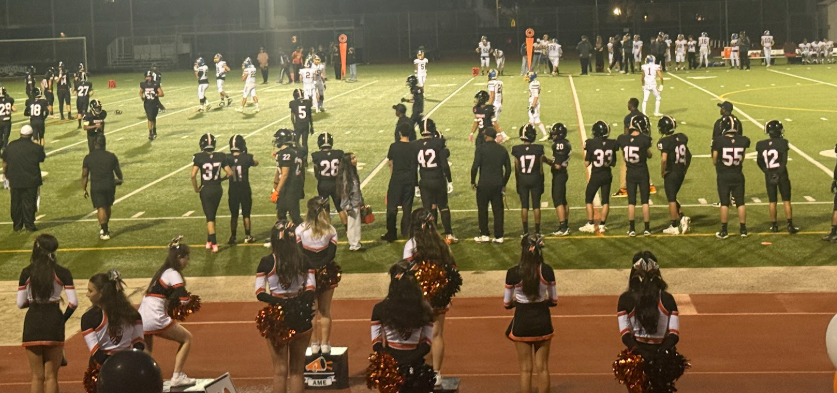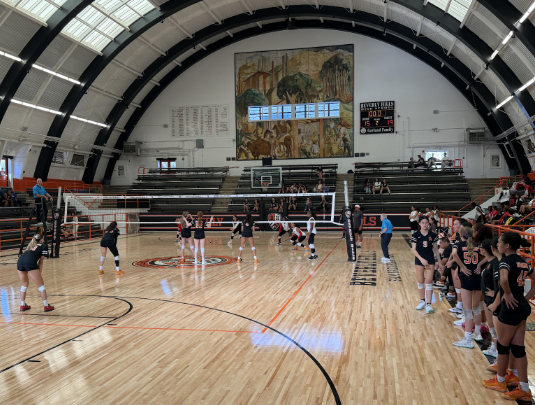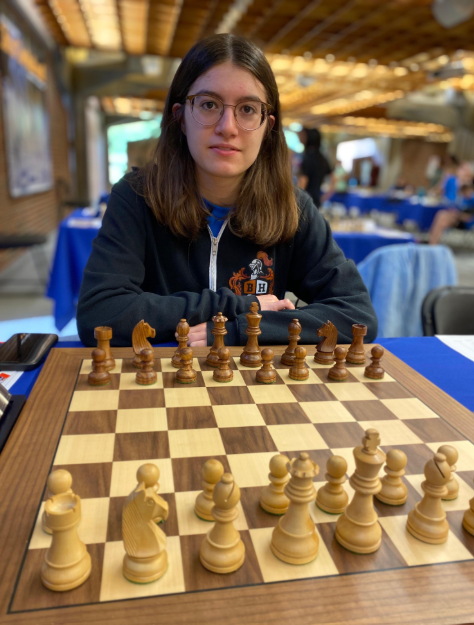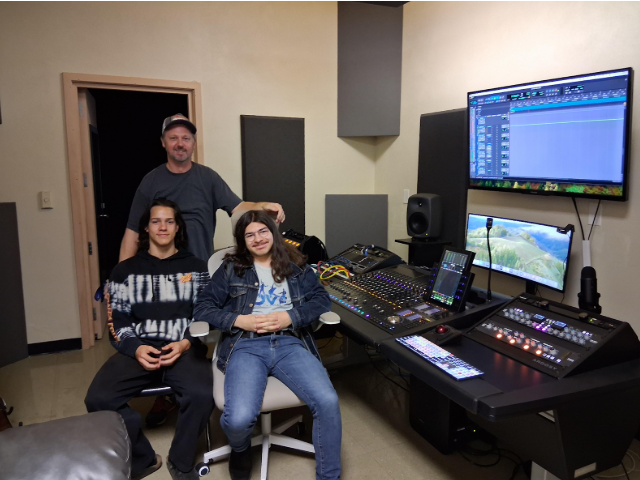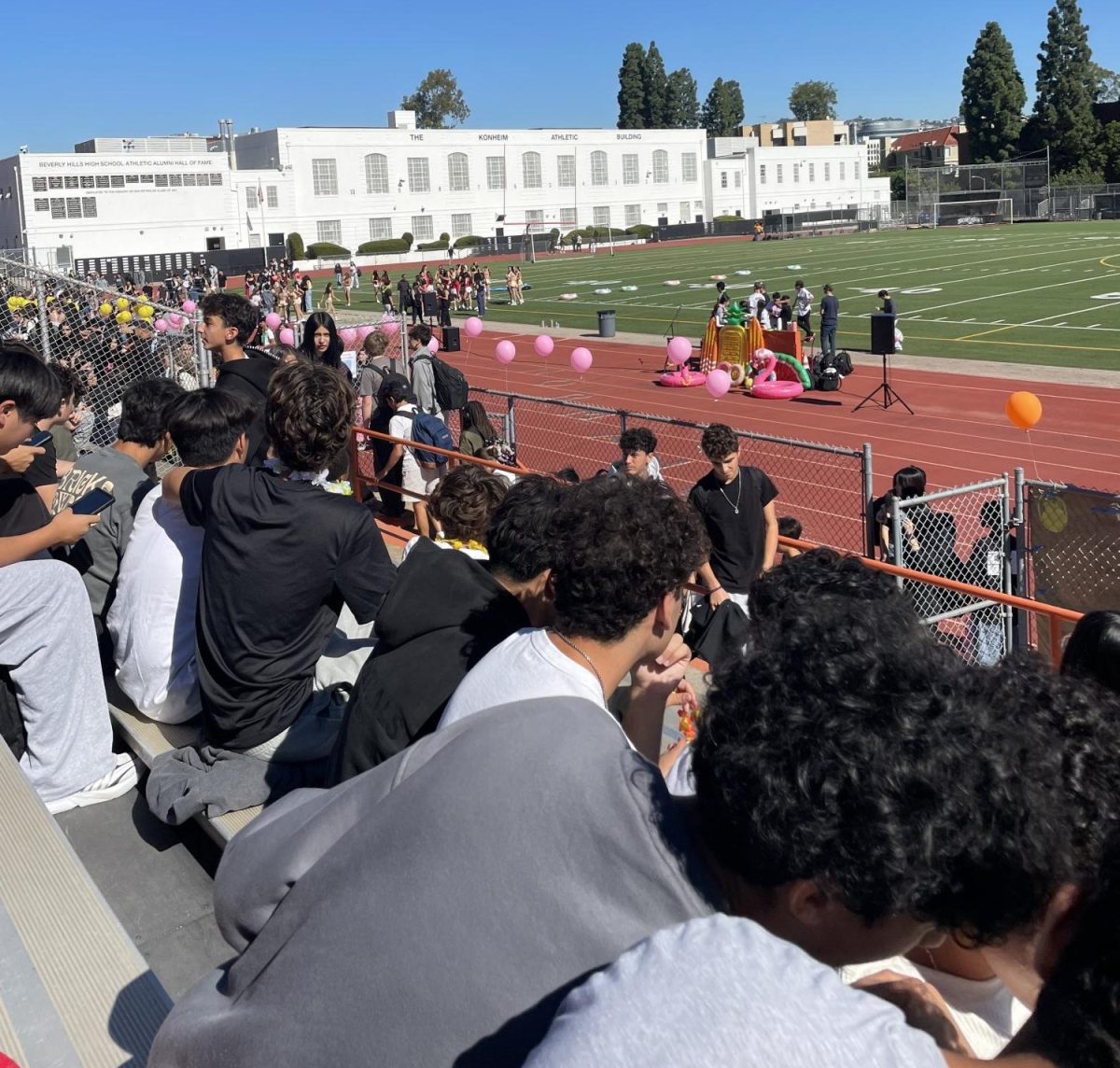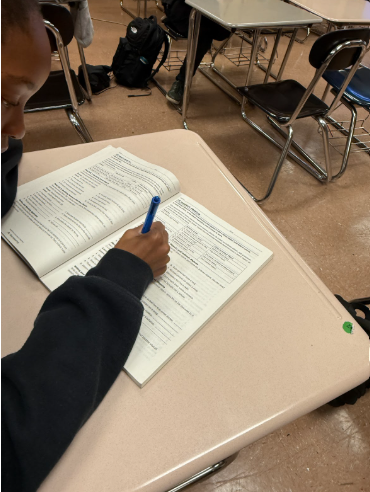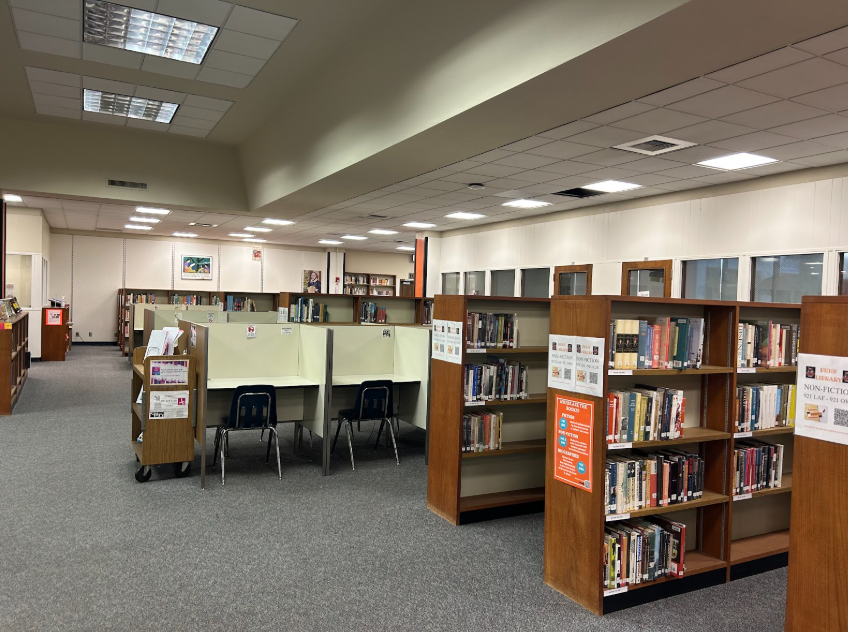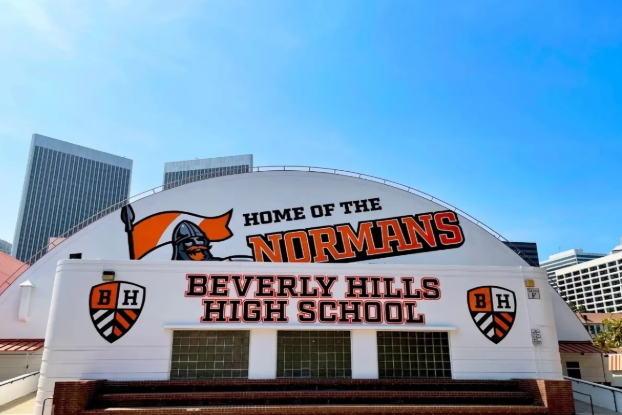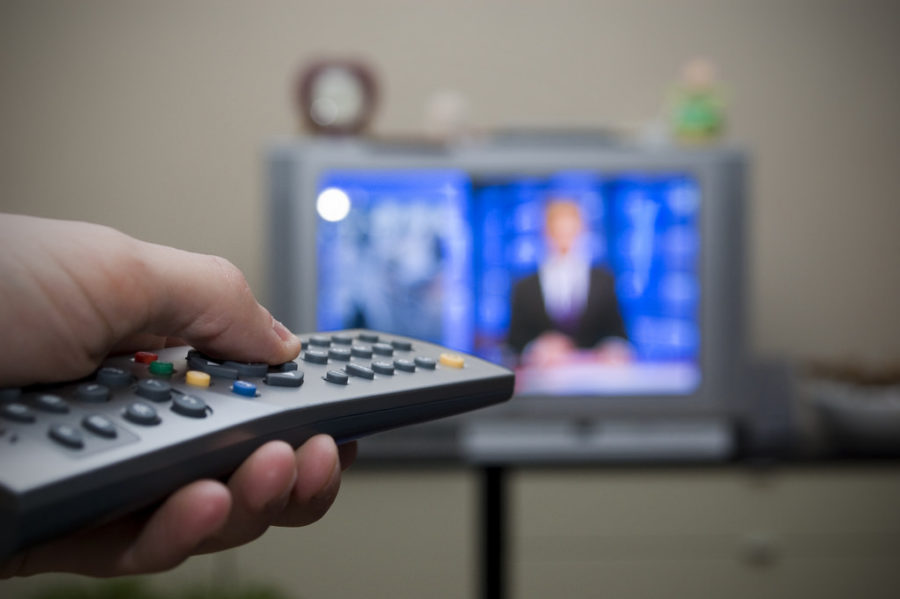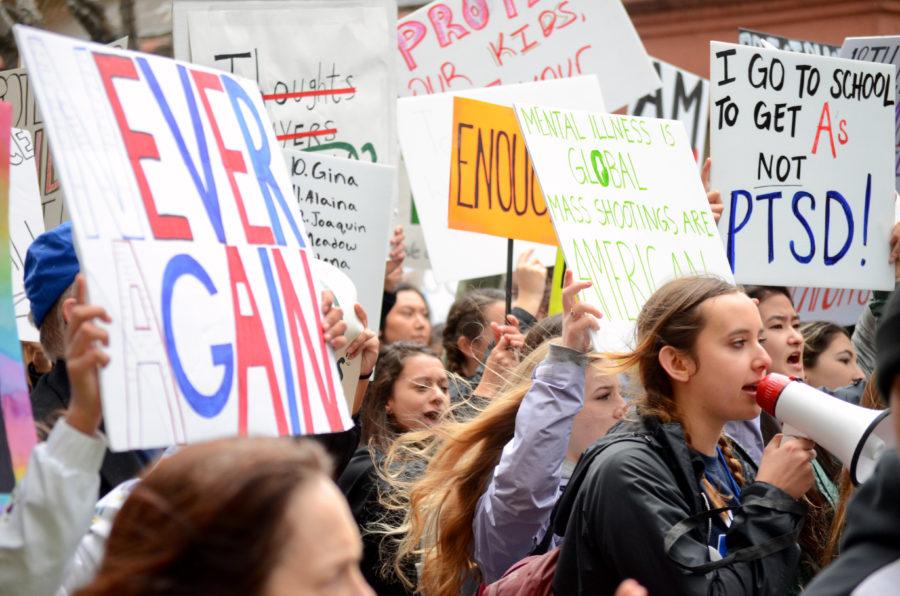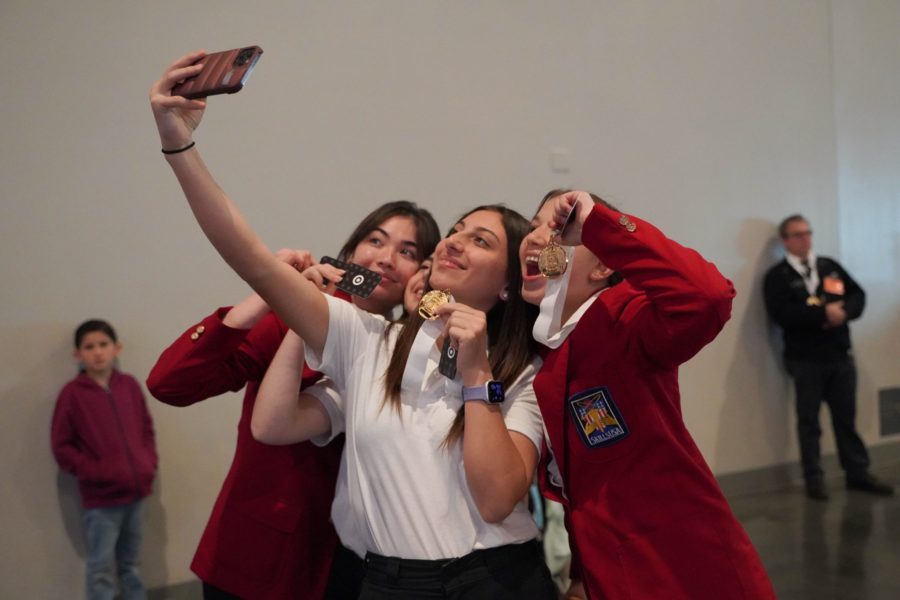Whether it be binge-watching a new Netflix series or anxiously awaiting for the latest episode of “Game of Thrones,” the way high schoolers watch television leaves massive imprints on culture. Multiple generation-defining shows have emerged from this era of television, leaving students facing both positive and negative impacts. The impact left on students lead to a variety of results, ranging from creation of their own shows to applying knowledge learned from shows to school. Some student inspired from new shows in the “Golden Era of Television” have also expressed their love for TV by creating their own.
Students in KBEV voice how the program has influenced their futures in TV.
Natasha Dardashti multimedia editor
Since the early 2000s, the “Golden Era of Television” has been defined as a recent insurgence of critically acclaimed television shows. With teenagers continuing to consume mass amounts of media, the effect of shows on adolescents is questioned.
For some teens, TV is a means of escaping problems. Wildly popular shows such as “Game of Thrones” and “The Walking Dead” have recently appealed to teens for their fantastical plots. Among Normans, 12 percent chose Sci-Fi/Fantasy as their favorite genre.
“I think TV shows have influenced the way I think,” senior Judah Benaim said. “It allows me to think in an optimistic way. I watch TV to get out of reality.”
History teacher Dan Moroaica acknowledges that diverse TV shows help to create role models for adolescents. Because TV shows are a reflection of each generation’s happenings, he finds a diverse cast to be important for addressing issues “at the forefront of society.”
 “By watching TV, it gives you an impression, sometimes incorrectly, about how the world is,” Moroaica said. “For example, for years and years there were no homosexuals on TV shows and so a lot of young kids growing up [felt] like they have no one to relate to, same with minorities. As TV shows grow more diversified, it provides an avenue for young people to have someone to connect to and relate to.”
“By watching TV, it gives you an impression, sometimes incorrectly, about how the world is,” Moroaica said. “For example, for years and years there were no homosexuals on TV shows and so a lot of young kids growing up [felt] like they have no one to relate to, same with minorities. As TV shows grow more diversified, it provides an avenue for young people to have someone to connect to and relate to.”
However, even with a noticeable shift in TV shows moving toward minority casting with shows such as “Black-ish,” “Fresh Off The Boat” and “How To Get Away With Murder,” not all representation given to minorities is positive.
“I enjoy ‘Empire’ a lot because I am part of the African-American race,” senior Sam Baumhoff said. “It does kind of portray black people as murderers and gang people. Sometimes I feel [TV shows] represent black people that way.”
The recent Netflix sensation ‘13 Reasons Why’ has especially left impacts on viewers. Intervention counselor Ali Norman-Franks believes that the incorrect depiction of suicide may encourage students having suicidal thoughts, leading her to send an email out to students and parents with concerns about the show last week.
“I am mostly concerned with students watching ‘13 Reasons Why’ who have any degree of suicidal ideation,” Norman-Franks said. “The National Association of School Psychologists states exposure to another person’s suicide, or to graphic or sensationalized accounts of death, can be one of the many risk factors that youth struggling with mental health conditions cite as a reason they contemplate or attempt suicide. ‘13 Reasons Why’ may lead impressionable viewers to romanticize suicide or develop revenge fantasies.”
Naturally, with watching TV shows comes procrastination. In one study, students answered that movies and TV shows were the number one means of procrastinating when writing a paper. Junior Leila Shamtobi says that watching TV shows has rearranged her priorities, with watching shows sometimes being prioritized over academics.
“TV shows have kind of influenced my priorities. I start to prioritize finishing a season and understanding the plot of a TV show instead of studying for my APs,” Shamtobi said.
For junior Mira Tirahbine, watching TV shows has some positive effects on her view of certain topics. The world can be shown as diverse and vast through different TV shows.
“Watching ‘Law and Order’ shows me that you should kind of need to be more careful. It depicts a lot of the flaws that are in the law, that some people take advantage of,” Tirahbine said.
Moroaica also believes that shows have use when it comes to understanding content taught in school. Upon seeing something taught in a classroom applied on television, students are more able to understand the material.
“Especially in high school, students actually get to apply what they learned. When they’re learning about the Miranda Rights in U.S. history, they see it applied on television they’re like, ‘Oh I know that!’” Moroaica said.
Categories:
TV shows continue to influence high schoolers
April 28, 2017
0
Donate to Highlights
$125
$1000
Contributed
Our Goal
Your donation will support the student journalists of Beverly Hills High School. Your contribution will allow us to purchase equipment and cover our annual website hosting costs.
More to Discover







